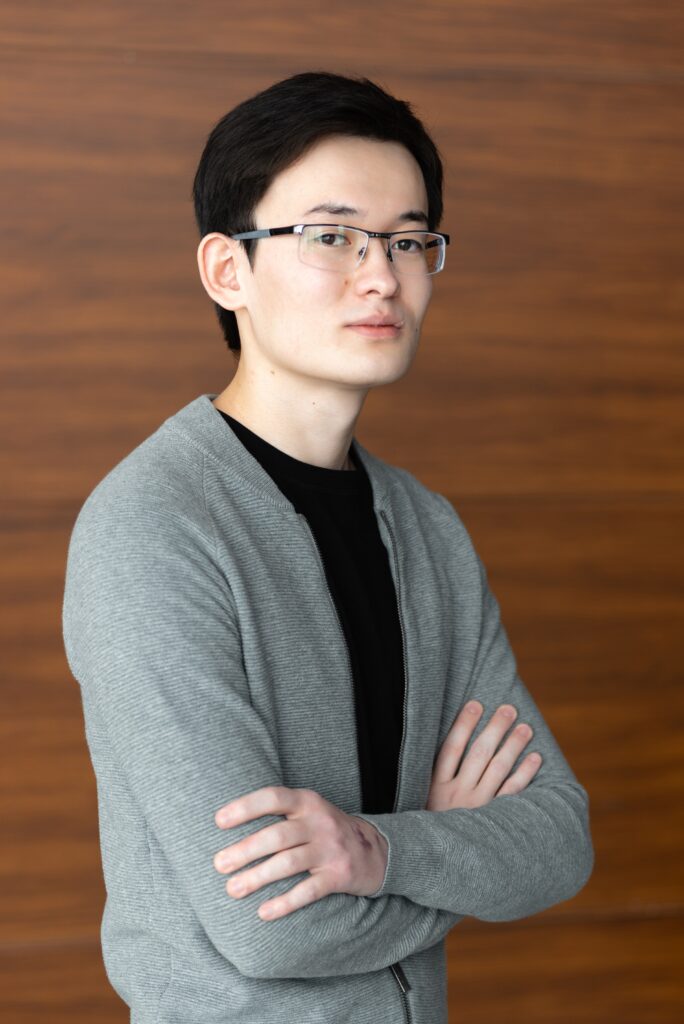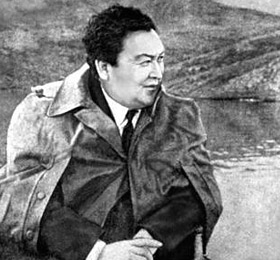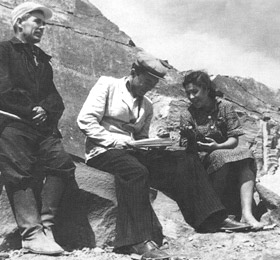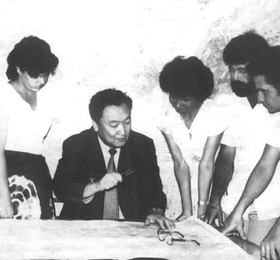Sultan Kobeyev
Specialization: architectural engineering. Internship: University of Lleida, Spain.
 Sultan is 22, in 2020 he passed a difficult selection in the competition of the Shakhmardan Yessenov Foundation and won a grant for an internship. After completing it at a technical university in Spain and graduating with a bachelor’s degree in Kazakhstan, he was able to enroll in one of the best universities in the world, ETH Zurich. He himself told us about how the “boy from Taraz” managed to become an associate of the best postgraduates in the world.
Sultan is 22, in 2020 he passed a difficult selection in the competition of the Shakhmardan Yessenov Foundation and won a grant for an internship. After completing it at a technical university in Spain and graduating with a bachelor’s degree in Kazakhstan, he was able to enroll in one of the best universities in the world, ETH Zurich. He himself told us about how the “boy from Taraz” managed to become an associate of the best postgraduates in the world.
How did it happen that you chose such an unusual specialty?
After the second year of my bachelor’s degree, I began to realize that I wanted to move from construction engineering to a more dynamically developing field, study advanced technologies and work on solving global problems. That’s how I got into architectural engineering. It is at the intersection of many disciplines and includes a variety of aspects of the integration of sustainable energy technologies at the level of buildings and cities. We study how to make them more sustainable and energy efficient, and contribute to solving the problem of climate change.
How did you find out about the foundation’s competition and what did you remember the most vividly from it?
I learned about the competition thanks to NU students, among whom many won the Yessenov Foundation grants and subsequently enrolled in leading universities in the world. I admired them and was inspired by them, and after the third year I also decided to apply. I remember the second round, where we asked each other various interesting questions, performed tasks in a group. The competition made it clear to me that you need to try yourself always and everywhere and not be afraid to jump over your head: you do not need to wait for the “ideal” opportunity, where you will be overqualified by all criteria. And you don’t have to try to be like someone or seem like someone you’re not.
Why did you choose this Spanish university for an internship?
I planned to train in the US: I had invitations from University of Colorado Boulder and the Berkeley lab, but due to visa restrictions, these options disappeared. The alternative was the GREiA laboratory in Spain, whose head is Professor Luisa Cabeza, a leading expert in the field of thermal energy storage and energy efficiency of buildings.
How was the internship?
I passed it in the summer-autumn of this year. It was interesting and productive. During the summer in Spain, I learned a lot about the green energy industry and the internal processes of the laboratory, which is one of the world’s leading in the field of thermal energy storage. I studied to what extent intelligent controllers can improve the characteristics of water-based thermal energy storage tanks in residential buildings. These reservoirs can store and recover thermal energy depending on weather conditions, temperature, tariffs, availability of renewable energy sources. They will also help to optimize energy consumption and costs. I have completed almost all the tasks of the internship, the last one is still being worked on in the laboratory – it is time-consuming. I am also part of this team, working remotely.
How did you like Spain? What discoveries have you made, who have you met?
At first it was unusual — because of the peculiarities of Spanish culture, there was practically no English spoken there. Frequent coffee breaks, late lunch, siesta, a clear separation of work and personal life, external relaxation and slowness – all this surprised and even alarmed. 🙂 But then I even liked how everything is arranged there: their frankness, emotionality, the ability to have fun, humor, the ability to stay productive and perform all duties without overworking. I visited Barcelona, saw the beaches and all the outstanding creations of Gaudi and even the boutiques on La Rambla. Here I saw how San Juan is celebrated, the festival in honor of the summer solstice, as well… I got my bachelor’s degree diploma right in the middle of the street in a courier van. I visited the small towns of the province of Leida -Taragon, Salou and Almatret, learned Spanish and even attended a rally in support of Catalan independence.
What are your plans for the coming year?
I am currently studying for a master’s degree in Zurich, at Einstein’s alma mater ETH and the best scientific and technical university in continental Europe. I was lucky and got a full scholarship. The curriculum here is perfect for me, I study architectural design and energy efficiency of buildings. World-class teachers and a community of talented students from all over the world make studying here even more exciting. The main task for the next two years is to rebuild after the bachelor’s degree and retrain. And this challenge inspires me. There are many plans, goals, and now I am open to all possibilities, but I don’t want to know what awaits me, and I can’t. Our goals and dreams are dynamic and constantly updated as we progress. I have focused on the present and continue to work and gain experience.
What advice would you give to those who will try their luck this year in the foundation’s competition?
Recently, a friend of mine asked why I won the foundation’s competition and why ETH chose me among thousands of applicants. I don’t have an answer. I think it was a combination of many factors, luck and a combination of circumstances, too. But I know one thing for sure: a grant from the Yessenov Foundation, an internship, invitations from well-known laboratories and professors improved my competitiveness and gave me confidence.
What do you like to read, watch and do in your free time?
I love riding a bike and doing evening runs with headphones, listening to music or podcasts. I like to read non-fiction books and biographies. The list of favorite books includes “Bad Blood” by John Carreiro and “Genius: The Life and Science of Richard Feynman” by James Gleick.
17.11.21, Stories
Seen by: 893





